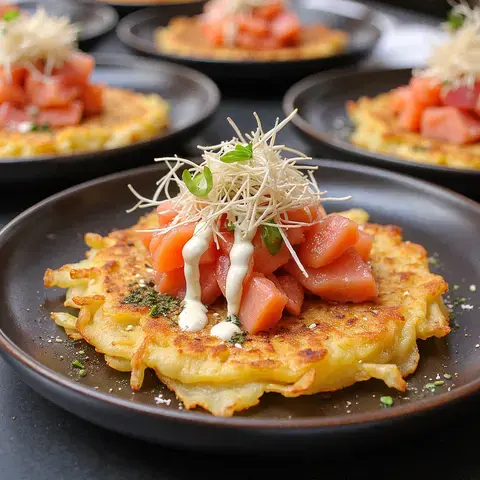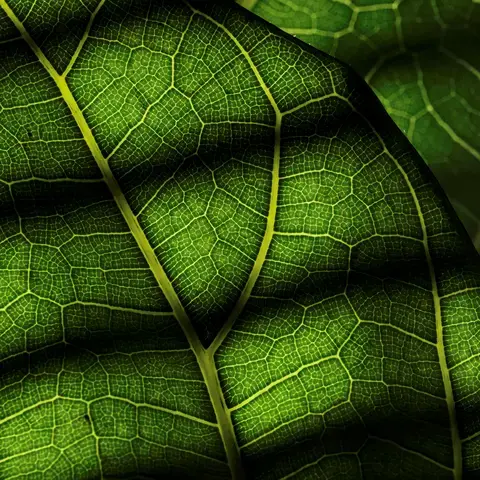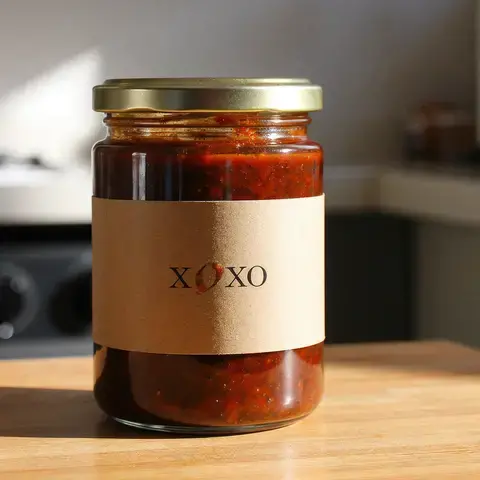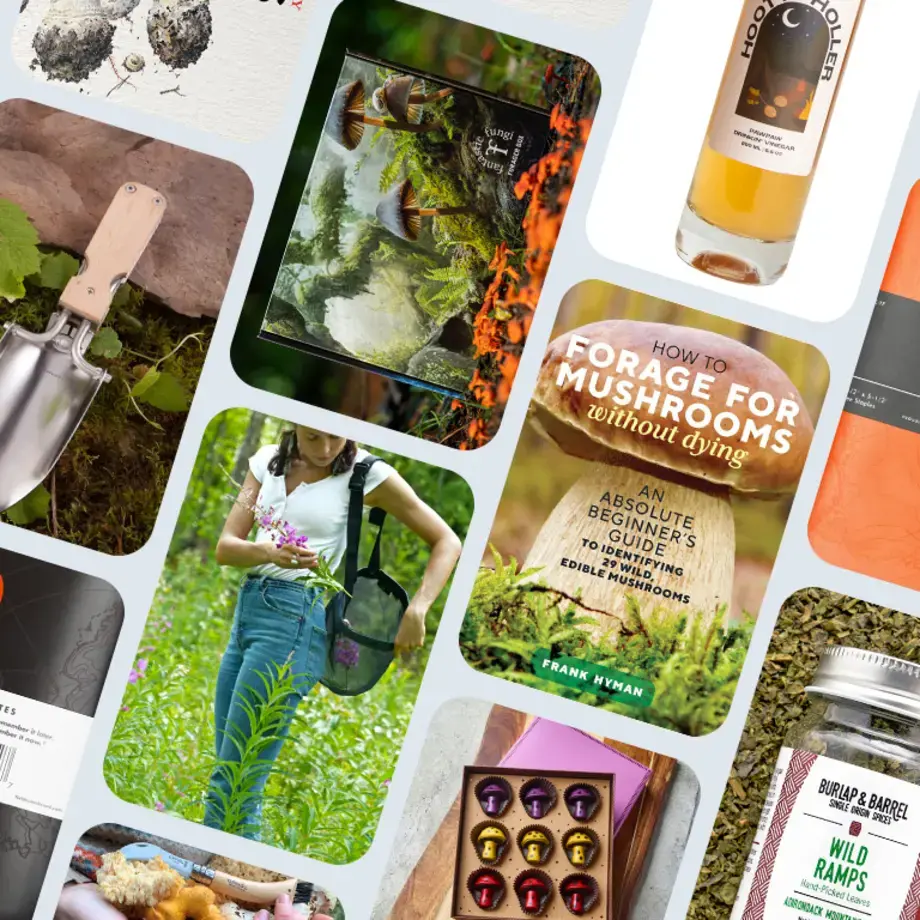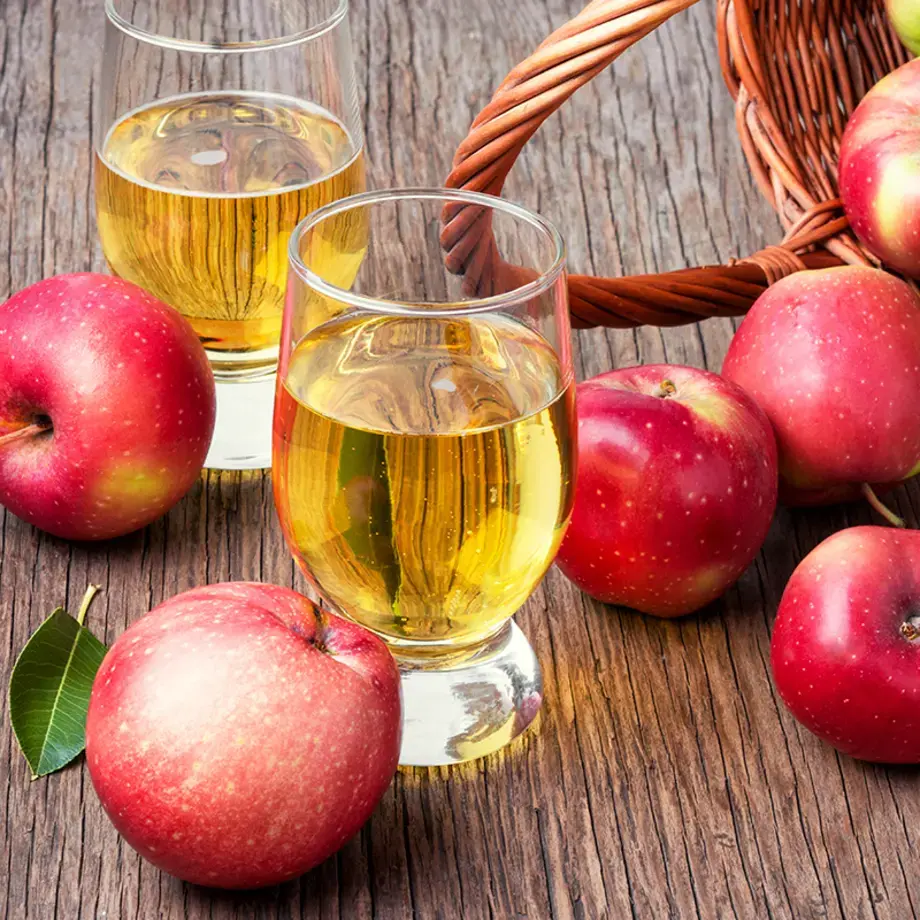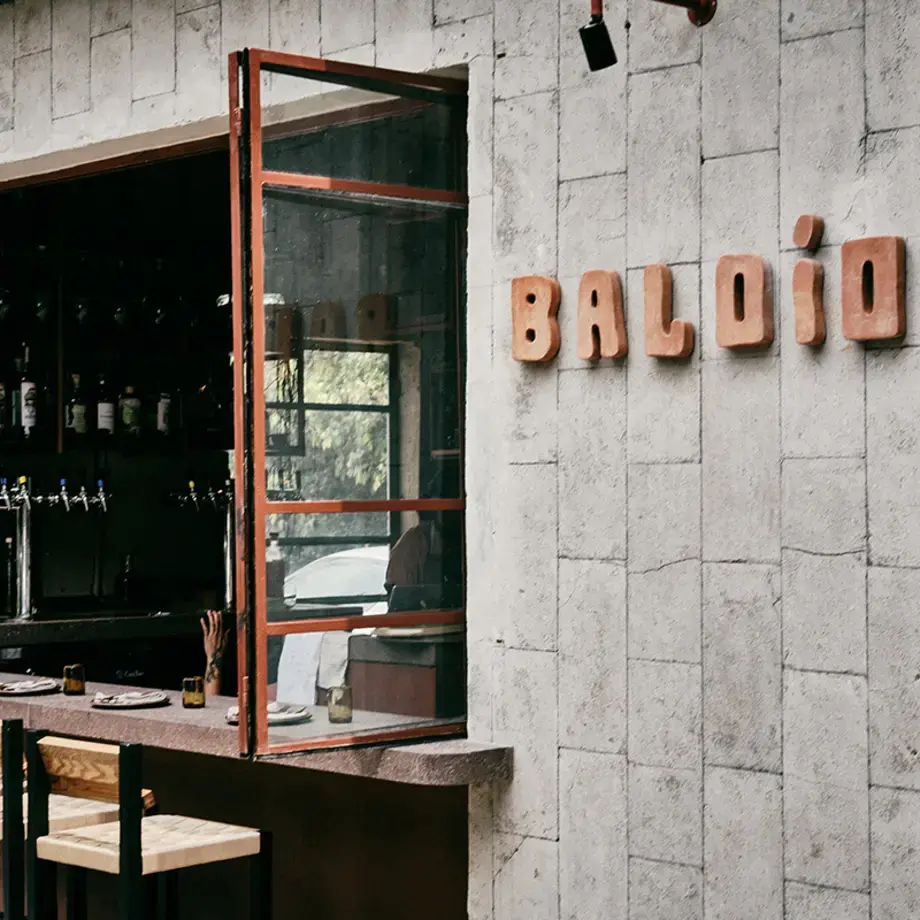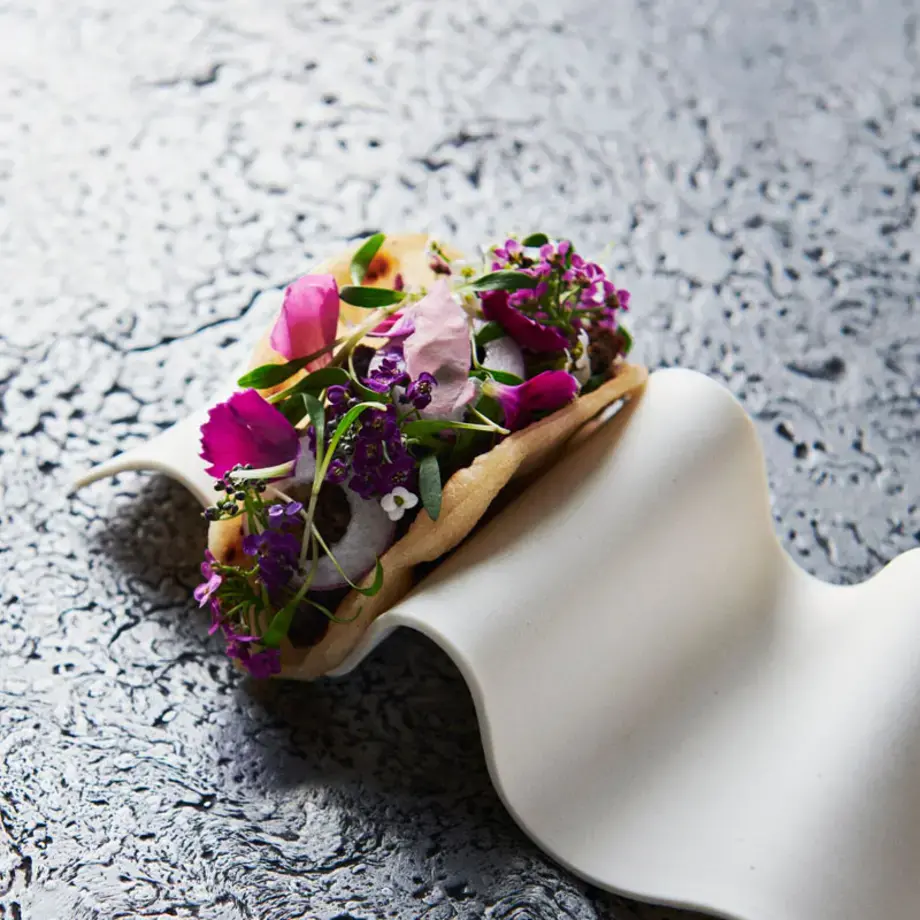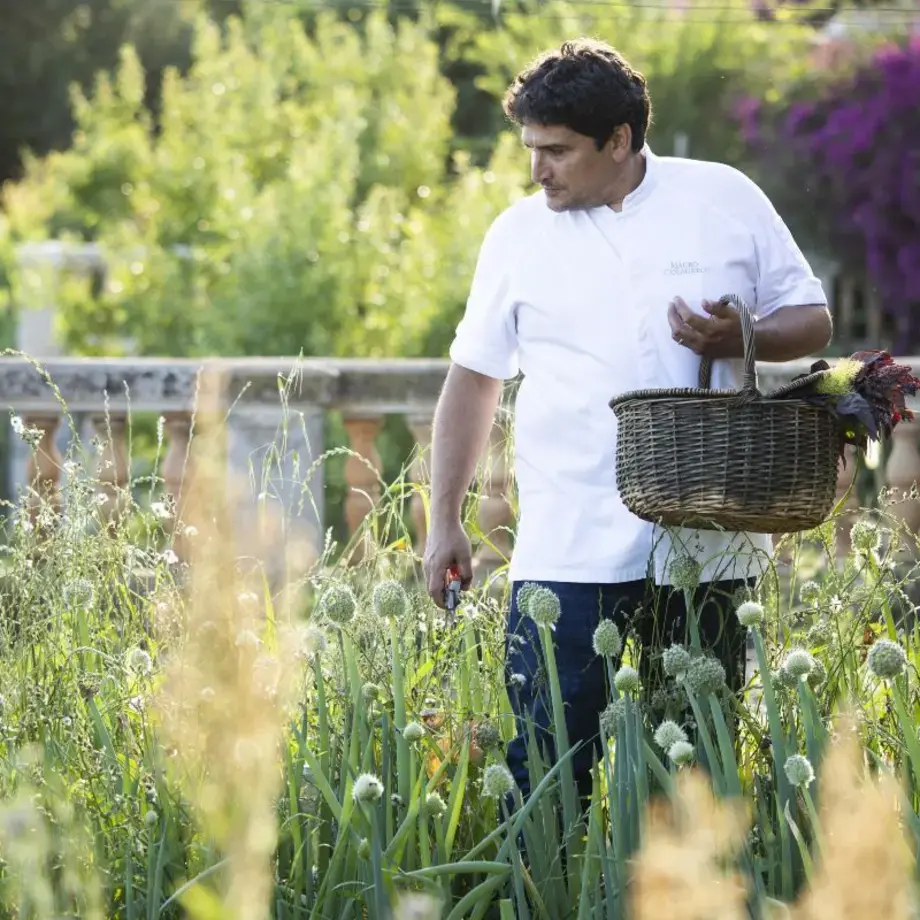This year was one punctuated by dramatic wildfires. I watched in anguish as Lahaina burned in my home state of Hawai’i. Based in New York City, I looked up at cloudy summer skies before any warnings sounded and anticipated rain. Instead of rain came days of zero visibility and an apocalyptic haze blanket as smoke drifted south from Canadian wildfires. This September, news of mass evacuation orders and warnings not to travel to West Kelowna, British Columbia dominated news headlines. Only a day before I arrive in Kelowna is the McDougall Creek Fire considered held. The fire continued to burn, but by the time my plane touched down, it was no longer devastating crops or sending burning logs across Lake Okanagan to ignite more fires.
This was not my first time in the Okanagan. As a speaker and chef long involved with the Terroir Symposium, which celebrates Canadian producers, farmers, chefs and winemakers, and brings everyone together in an intensive series of panels and dinners over three days, I made a usual detour through western Canada’s wineries, on route to the main events in Calgary and Banff. At Terroir, we’d be discussing the issues most urgent to Canada’s food and restaurant scenes on a global stage, while tasting and sipping wines primarily from British Columbia, as well as other provinces.
Trudging through the glacial deposit-rich soil of the Okanagan Valley, stepping over the eagerly grazing goats of organic wineries like Off the Grid, meandering through the jewel box cellars of Phantom Creek (the basement cellar boats a pumpkin-orange Chihuly chandelier), and sniffing a fruit-salady ehrenfelser from 2022 while chickens shriek amongst the vines at Summerhill Pyramid Winery (where the wines are aged in a literal pyramid), wines come alive in a way impossible to replicate in a SAIT classroom commandeered by Terroir’s sommeliers.







